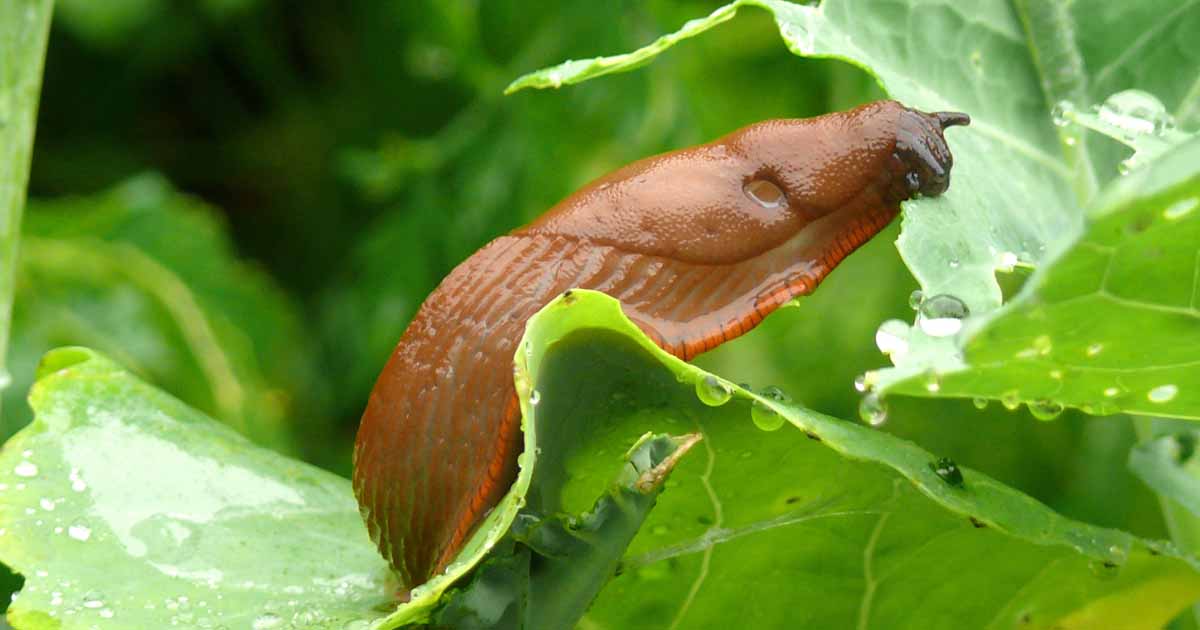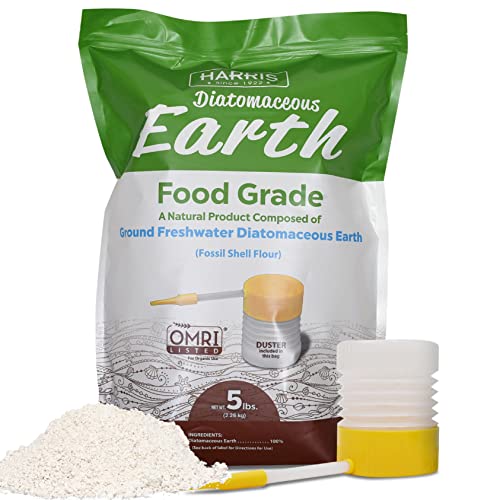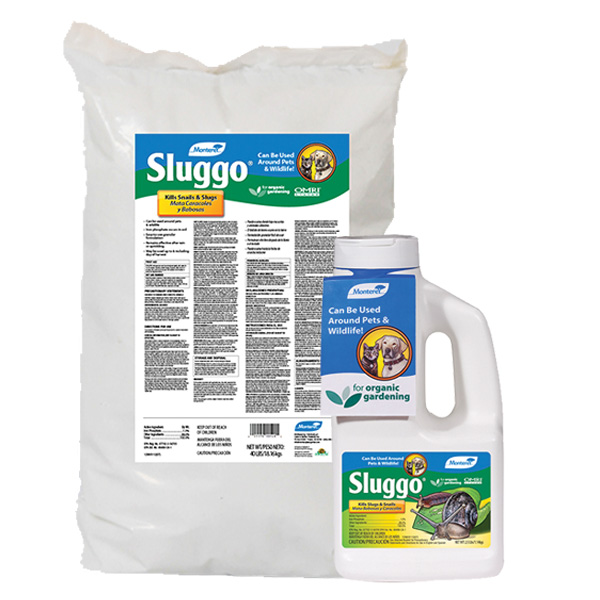[ad_1]
To make it even more effective, you also bait your board traps with vegetation (cut potatoes, grapefruit skins, or even cabbage leaves!).
It is important that you check these traps daily.
Erect a Barrier
Slugs can be surprisingly mobile, moving as much as a mile over a few days. Therefore, you want to ban them from your garden.
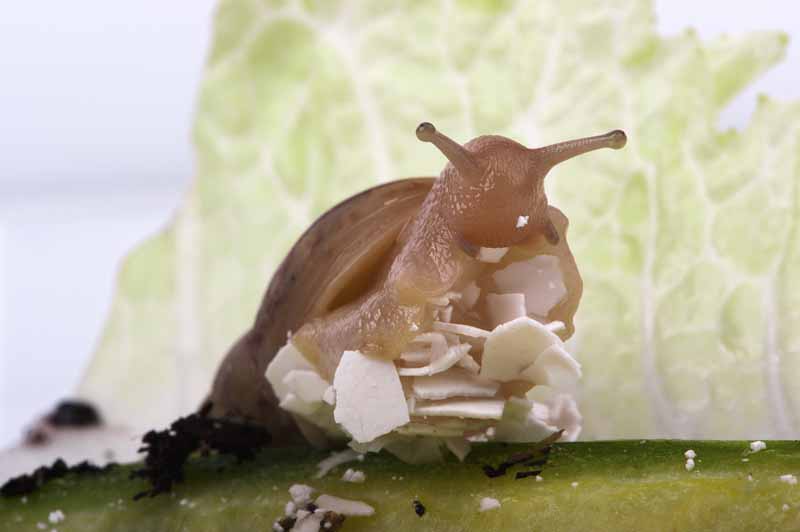

A barrier can be a good way to do this. You can make a two-foot wide path of crushed oyster shells, crushed eggshells, cinders, wood ashes, sawdust, or sharp sand.
Harris Food Grade Diatomaceous Earth via Amazon
Diatomaceous earth is a particularly fearsome substance to terrestrial mollusks because it is lethal to their soft bodies.
Other alternatives include wire screen or copper strips.
It’s not fully understood why slugs don’t like to cross copper, but it may be that low levels of electricity can naturally pass through the strips.
26 Gauge Copper Flashing via Amazon
One bit of advice, many of the copper strips sold in garden shops and the big box stores aren’t wide enough to be effective. The strips need to be at least 2 inches wide to prevent these veggie-eating gastropods from arching themselves over the barrier.
Use Black Plastic Mulch
When you use black plastic mulch, the soil will heat up and dry out. Therefore, this will discourage slugs from hiding in it.
Avoid Organic Mulch
Slugs like to hide in organic mulch, so your best bet is to avoid it if you have an infestation. If you do insist on using mulch, at least thin it out, so the soil will get warm and dry (and be less inviting).
Remember these slimy mollusks can overwinter in organic mulch.
Plant in Raised Beds
Since raised beds of cabbage and other cole crops are more likely to dry out, they will reduce the likelihood of infestations in your cabbage plants.
Let Ducks Loose in Your Garden
Unlike chickens, which eat slugs and other pests, but damage your garden in the process, ducks are efficient predators of water and land mollusks and are much less likely to harm your cruciferous veggies.
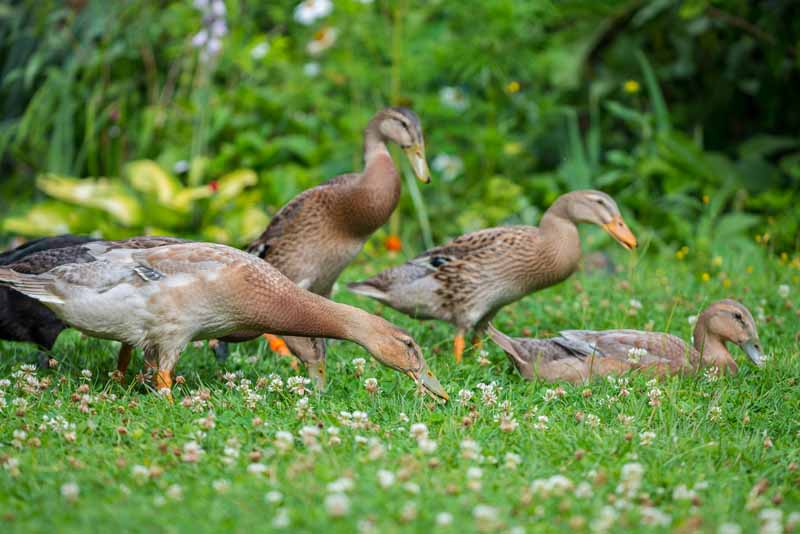

Buy Predatory Slugs
Who said that cannibalism is always a bad thing?
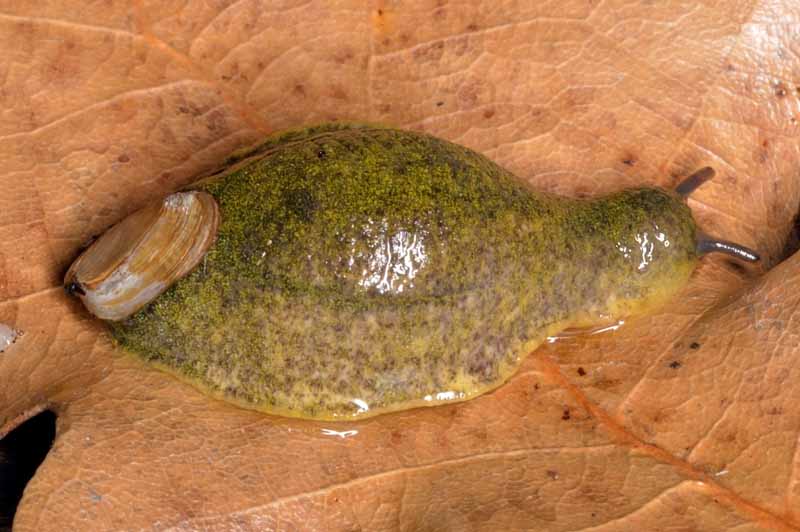

Conveniently, the slug species Testacella will eat other slug varieties and reduce your populations.
Use Slug and Snail Bait
Traditionally, metaldehyde has been a highly efficient bait/poison in controlling these pesky gastropods. However, this compound has its downside and affects non-target organisms.
In contrast, iron phosphate is an organic alternative that is almost as effective as metaldehyde and is nontoxic to other organisms. Sluggo® is a brand that has organic OMRI certification. It is available from Arbico Organics.
[ad_2]
Source link
